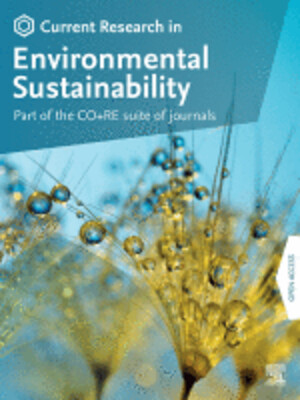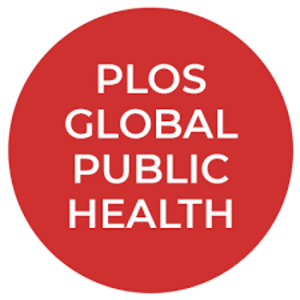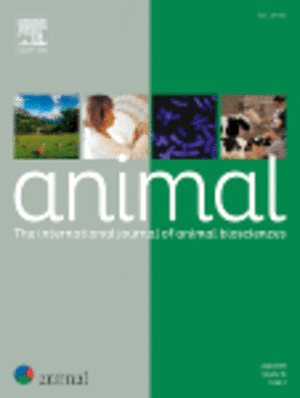
A framework for assessing the effects of shock events on livestock and environment in sub-Saharan Africa: The COVID-19 pandemic in northern Kenya
Abstract
CONTEXT: Livestock are the primary source of greenhouse gas (GHG) emissions from agriculture in most African countries, but there is a paucity of baseline data and monitoring of GHG emissions from livestock in Africa, particularly for extreme or shock events. The COVID-19 pandemic represents a novels shock to livestock systems and may result in indirect effects on livestock emissions and other Sustainable Development Goals (SDGs). Due to the pandemic in 2020, extensive pastoralist livestock systems in Northern Kenya were subjected to restrictions on movement, increased costs of transportation, and closure of livestock markets.
OBJECTIVE: The objective of this study was to assess the indirect effects of the COVID-19 pandemic on GHG emissions from livestock systems in Northern Kenya using proxy data and a three-part framework based on changes in 1) herd size, 2) feed availability, and 3) livestock movement.
METHODS: We evaluated changes in GHG emissions from livestock systems in Northern Kenya due to the COVID-19 pandemic based on proxy data from crowd-sourced market data, household panel surveys, and remote sensing data on Normalized Difference Vegetation Index (NDVI). Proxy data were obtained before the pandemic in 2019 and after the pandemic in 2020 to compare between years and evaluate the indirect effects of the pandemic and associated restrictions on livestock GHG emissions using the three-part framework.
RESULTS AND CONCLUSIONS: Overall GHG emissions from livestock in Northern Kenya have decreased due to the pandemic and this was largely driven by reductions in herd size. This reduction in GHG emissions occurred despite an increase in GHG emissions from livestock associated with higher feed availability. Decreased livestock movement due to the pandemic contributed to reductions in GHG emissions from livestock, but such reductions were likely to be small due to limited need for livestock to travel longer distances under the prevailing conditions of high feed availability.
SIGNIFICANCE: This research shows that assessments of changes in GHG emissions from livestock systems due to shock events can be conducted successfully based on proxy data and the three-part framework developed here. We found that shock events, such as the COVID-19 pandemic, may lead to unexpected results with respect to the direction and magnitude of changes in livestock emissions depending on contextual factors and environmental conditions. Thus, we call for more spatially explicit and continued data collection to assess and monitor the consequences of shock events on GHG emissions from livestock and related SDGs in Africa.
Citation
Graham, M.W., Chelanga, P., Jensen, N.D., Leitner, S.M., Fava, F. and Merbold, L. 2021. A framework for assessing the effects of shock events on livestock and environment in sub-Saharan Africa: The COVID-19 pandemic in northern Kenya. Agricultural Systems 192:103203.










